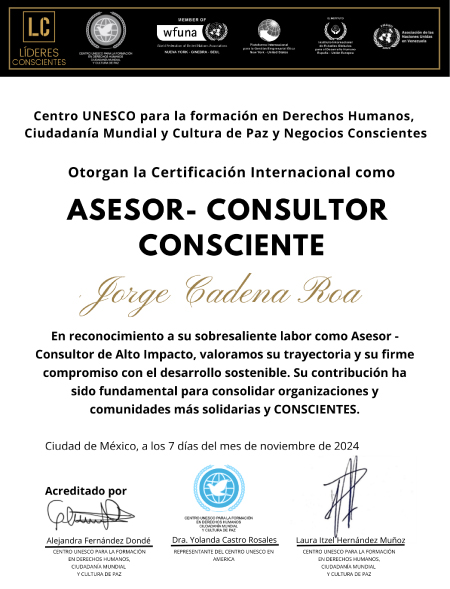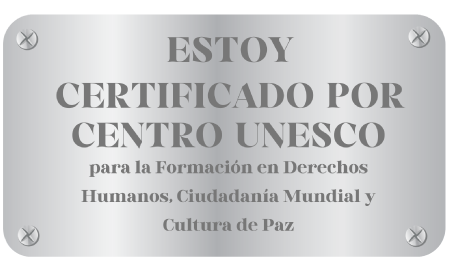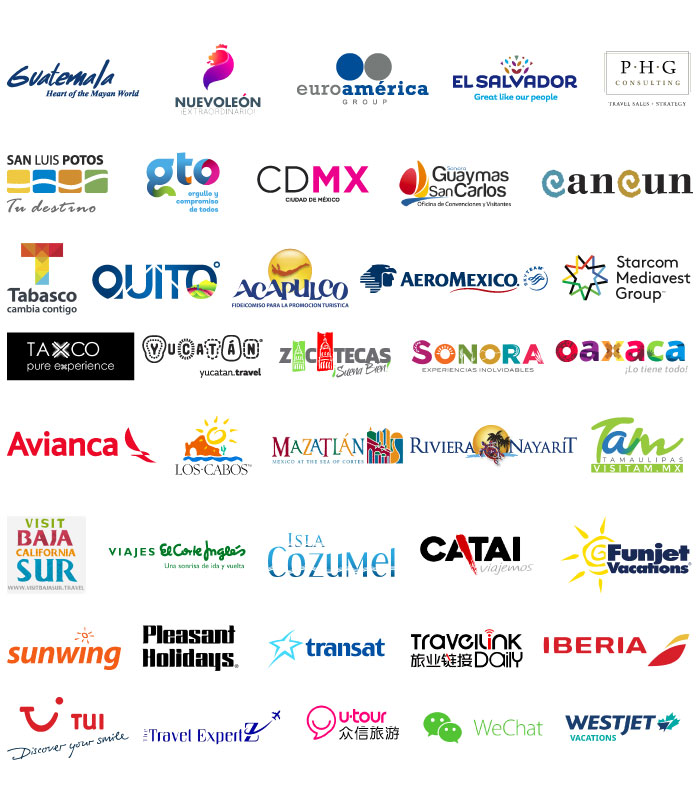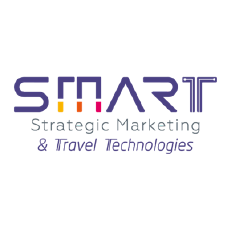Module 1: Foundations of Travel Marketing
Purpose
This module provides a solid foundation in travel marketing, exploring how tourism businesses attract and engage travelers. Students will learn the critical building blocks of the industry, including consumer behavior, market research, and destination branding.
Topics and Outcomes
1. Introduction to Travel Marketing
- What it means: Understand the role of marketing in promoting destinations, travel services, and experiences.
- Expected learning: Develop an appreciation of the interconnected nature of travel businesses and their reliance on effective marketing strategies.
- Application: Apply fundamental principles to real-life marketing challenges in tourism.
2. Market Research & Consumer Behavior in Travel
- What it means: Dive into the psychology of travel decision-making and the tools marketers use to understand their audience.
- Expected learning: Gain skills in market segmentation, targeting demographics, and creating personas.
- Application: Use data to craft targeted campaigns for different segments (Millennials, Gen Z, LGBTQ+, etc.).
3. Global Travel Trends & Destination Management
- What it means: Understand the latest trends shaping the travel industry and how destinations position themselves to attract tourists.
- Expected learning: Identify opportunities and challenges in sustainable tourism, luxury travel, and technology-driven travel.
- Application: Create branding strategies for destinations that reflect modern traveler preferences.
Beyond Knowledge
“Marketing in travel is about crafting experiences, building dreams, and fulfilling aspirations.”
- Travel is one of the world’s most emotional purchases. This module introduces students to the foundational principles of tourism marketing: what drives travelers, how the industry connects to global economies, and how marketers create meaningful connections with customers.
- Key insight: The heart of travel marketing is storytelling—positioning destinations as gateways to transformation.
- Case Study: Analyze how Iceland marketed its Northern Lights tours post-2008 financial crisis, becoming a top global destination.
Market Research & Consumer Behavior in Travel
“If you know your customer, you know your success.”
- Learn why Millennials prioritize experiences over luxury, how Gen Z prefers travel companies that align with their values, and how Baby Boomers invest in comfort.
- Book Reference: Marketing for Hospitality and Tourism by Kotler and Bowen teaches segmentation through real-world examples.
- Application: Students conduct a small market survey, segmenting respondents based on travel habits.
Global Travel Trends & Destination Management
“Destinations are not just places—they’re identities.”
- Learn about trends like sustainable tourism, revenge travel (post-pandemic surges), and wellness retreats. Understand how destinations like Bali balance tourism with preserving local culture.
- Book Reference: Overbooked by Elizabeth Becker discusses the impact of overtourism.
Assignment: Research a destination’s recovery strategy from a crisis and present actionable insights for future campaigns.
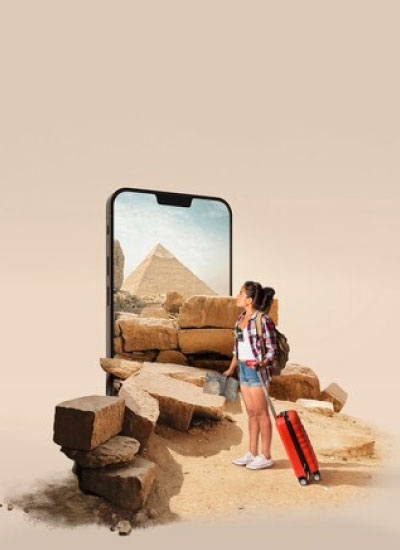
Module 2: Marketing Strategy & Creative Development
Purpose
Students will learn how to craft compelling marketing strategies and develop creative assets that resonate with audiences. The module emphasizes branding, storytelling, and integrated campaigns.
Topics and Outcomes
1. Creative Development & Branding
- What it means: Explore the art of creating a unique brand identity and visual storytelling.
- Expected learning: Learn how to design logos, craft brand narratives, and produce engaging visual content.
- Application: Develop branding elements for a travel business or destination.
2. Integrated Travel Marketing Strategies
- What it means: Learn to combine multiple channels (social media, email, search engines) into cohesive campaigns.
- Expected learning: Build multi-channel strategies that maximize reach and ROI.
- Application: Design a campaign for a travel business using consistent messaging across platforms.
3. Content Development for Travel Marketing
- What it means: Focus on creating content that inspires travel, from videos and blogs to user-generated content.
- Expected learning: Understand the role of content in driving engagement and conversions.
- Application: Plan and execute content campaigns tailored to specific travel demographics.
Beyond Knowledege
“Your brand is the promise you make; your story is how you fulfill it.”
- Dive into visual and verbal storytelling. Learn how the Maldives used imagery to sell serenity and exclusivity to luxury travelers.
- Tools to Use: Canva for design, Adobe Spark for video production.
- Book Reference: Building a StoryBrand by Donald Miller outlines crafting brand stories.
Integrated Travel Marketing Strategies
“Your campaign is only as strong as its weakest channel.”
- Learn to design campaigns that flow across websites, social media, and print materials.
- Case Study: Marriott’s “Storybooked” campaign: how video storytelling built emotional connections.
Assignment: Create a marketing plan for a fictional travel business.
Content Development for Travel Marketing
“Content inspires; technology delivers.”
- Students will learn how to write blogs, create videos, and leverage AI tools like ChatGPT to generate ideas.
- Trends: Interactive videos and user-generated content on platforms like TikTok.
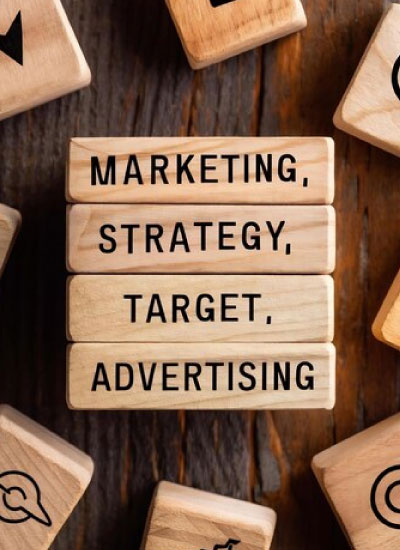
Module 3: Digital Marketing in Travel
Purpose
This module equips students with the tools and techniques for promoting travel businesses online, including search engine marketing, programmatic buying, and data analytics.
Topics and Outcomes
1. Digital Marketing Strategies
- What it means: Explore how digital platforms shape the traveler’s journey.
- Expected learning: Master SEO, SEM, and email marketing to improve visibility and customer engagement.
- Application: Optimize a travel website for search engines and create targeted email campaigns.
2. Online Media Buying
- What it means: Learn to purchase ad placements on search engines and social media.
- Expected learning: Understand budgeting, targeting, and ad performance metrics.
- Application: Run a PPC campaign and analyze its effectiveness using key performance indicators.
3. Programmatic Buying in Travel
- What it means: Automate ad placements using real-time bidding.
- Expected learning: Leverage AI tools to deliver targeted ads at scale.
- Application: Use programmatic tools like Google Ads to launch cost-effective campaigns.
Beyond Knowledge
“Visibility is currency.”
- Explore how Google search trends affect travel decisions.
- Practical Work: Use SEMrush to track keyword searches and optimize SEO.
Online Media Buying
“Where your dollars go, your travelers follow.”
- Learn to allocate budgets effectively across platforms, understanding PPC models and programmatic buying.
- Book Reference: Digital Marketing Analytics by Chuck Hemann.
Programmatic Buying in Travel
“Automation doesn’t replace creativity; it enhances it.”
- Understand how real-time bidding works and how AI improves targeting.
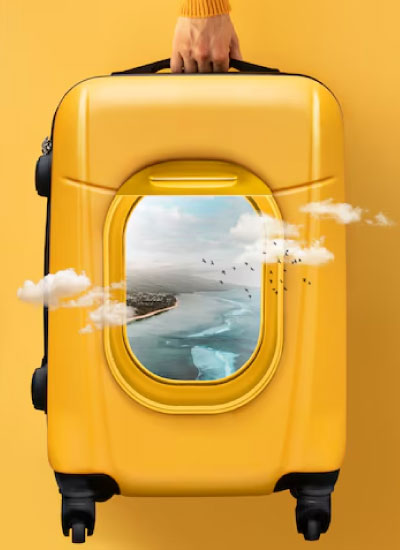
Module 4: Social Media & Public Relations in Travel
Purpose
This module teaches how to build and manage a travel brand’s presence on social media and develop effective public relations strategies.
Topics and Outcomes
1. Social Media Marketing for Travel
- What it means: Harness platforms like Instagram, TikTok, and YouTube to reach global audiences.
- Expected learning: Create engaging content and analyze social media performance.
- Application: Develop a social media campaign for a travel destination.
2. Travel Media & Public Relations
- What it means: Build relationships with journalists and influencers to generate positive publicity.
- Expected learning: Write press releases, plan press trips, and manage crises.
- Application: Create a PR plan for a tourism brand.
3. Digital Influencers in Travel
- What it means: Collaborate with influencers to amplify brand messaging and drive sales.
- Expected learning: Monetize influencer partnerships through affiliate marketing and track ROI with reservation engines.
- Application: Design an influencer strategy for a travel campaign.
Beyond Knowledge
“A picture on Instagram is worth a thousand bookings.”
- Focus on Instagram’s carousel ads, TikTok’s storytelling trends, and YouTube’s long-form travel documentaries.
Assignment: Design a social media campaign promoting ecotourism.
Travel Media & Public Relations
“Good PR turns a destination into a must-see.”
- Write press releases and learn crisis management strategies from real-life examples like United Airlines’ PR mishaps.
Digital Influencers in Travel
“Influencers bridge the gap between aspiration and action.”
- Case study: How travel influencers like Nomadic Matt drive bookings.
- Learn to use AI-driven analytics to measure the ROI of influencer partnerships.
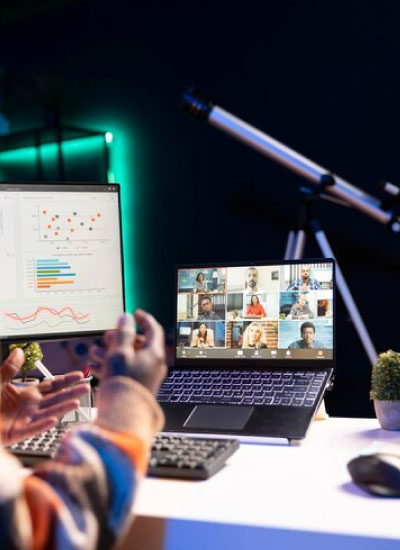
Module 5: Technology & Operations in Travel
Purpose
This module focuses on the integration of technology and operational tools into travel marketing, emphasizing booking systems, data analytics, and automation.
Topics and Outcomes
1. Reservations Engine & Booking Technologies
- What it means: Learn how booking engines power online reservations.
- Expected learning: Understand the back-end of travel platforms and their role in marketing.
- Application: Integrate a reservation engine into a marketing strategy.
2. Data Analytics & Consumer Insights
- What it means: Use data to predict trends and enhance customer experiences.
- Expected learning: Analyze customer behavior and optimize marketing efforts.
- Application: Develop data-driven marketing recommendations.
3. AI & Automation
- What it means: Use AI for personalization, chatbots, and dynamic pricing.
- Expected learning: Automate marketing processes to improve efficiency.
- Application: Build a chatbot for a travel website.
Beyond Knowledge
“The booking experience is your brand’s first impression.”
- Understand APIs, dynamic pricing, and reservation platforms like Sabre.
Data Analytics & Consumer Insights
“Data tells stories travelers haven’t yet shared.”
- Use tools like Tableau to predict travel trends and enhance personalization.
AI & Automation
“AI knows what your customer wants before they do.”
- Explore chatbot integrations and AI-powered personalized marketing.
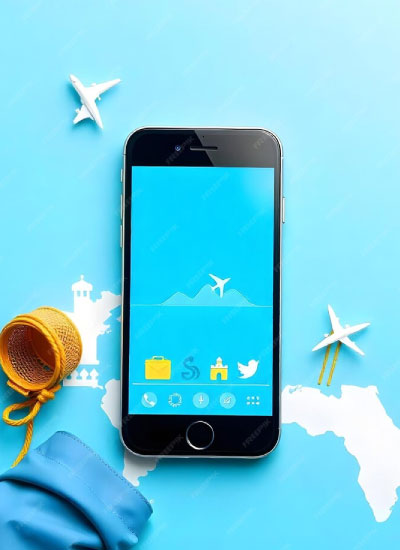
Module 6: Trade Shows, Events & Partnerships
Purpose
Students will learn the importance of networking, trade shows, and industry events in building partnerships and generating leads.
Topics and Outcomes
1. Travel Trade Shows and Industry Events
- What it means: Understand the role of events like ITB and WTM in tourism marketing.
- Expected learning: Plan and execute trade show strategies.
- Application: Develop a booth plan and lead generation strategy.
2. Business Travel & MICE
- What it means: Explore marketing strategies for meetings, incentives, conferences, and events.
- Expected learning: Create campaigns targeting corporate clients.
- Application: Plan an incentive travel program for a business client.
Beyond Knowledge
“Every handshake is a potential partnership.”
- Learn networking skills for events like ITB Berlin and WTM London.
Business Travel & MICE
“Business travelers want efficiency, not extras.”
- Design campaigns for corporate clients and understand MICE strategies.
Module 7: Specialized Travel Segments
Purpose
Students will explore niche markets and learn to cater to their unique needs, including sustainable tourism, accessibility, and luxury travel.
Topics and Outcomes
1. Sustainable Tourism
- What it means: Understand the principles of eco-friendly tourism and its market potential.
- Expected learning: Incorporate sustainability into marketing strategies.
- Application: Earn certification in sustainable tourism through UNWTO.
2. Accessible Travel
- What it means: Design services for travelers with disabilities.
- Expected learning: Identify barriers and solutions for accessible tourism.
- Application: Develop a marketing plan for an accessible destination.
Sustainable Tourism
“Tourism should enrich the destination, not exploit it.”
- Earn certifications from UNWTO and develop eco-friendly campaigns.
Accessible Travel
“Travel is for everyone, but accessibility makes it possible.”
- Learn to adapt services for travelers with disabilities and promote accessible destinations.
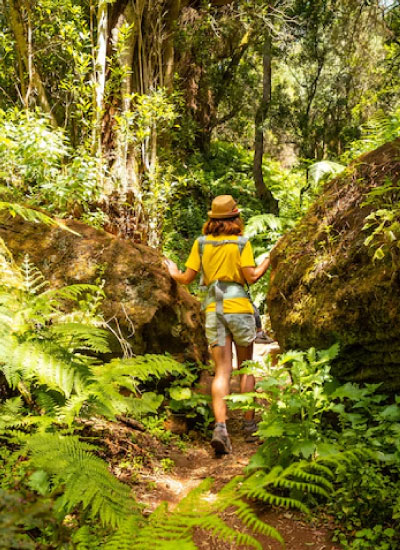
Capstone Project
Deliverables
- Market research
- Multi-channel strategy
- Social media campaign
- Budget and ROI analysis
Project Beyond Knowledgre
“The culmination of knowledge, creativity, and strategy.”
- Students will create a comprehensive campaign integrating all modules.
Evaluation System
- Module Assignments (50%)
- Capstone Project (30%)
- Peer Reviews & Participation (20%)
Beyond Knowledge Evaluation Criteria:
- Research depth (20%)
- Creativity (30%)
- ROI-based execution plan (50%)
This program goes beyond theoretical knowledge, preparing students to make an immediate impact in the travel marketing industry. It combines practical assignments, expert insights, and certifications to create well-rounded professionals.
